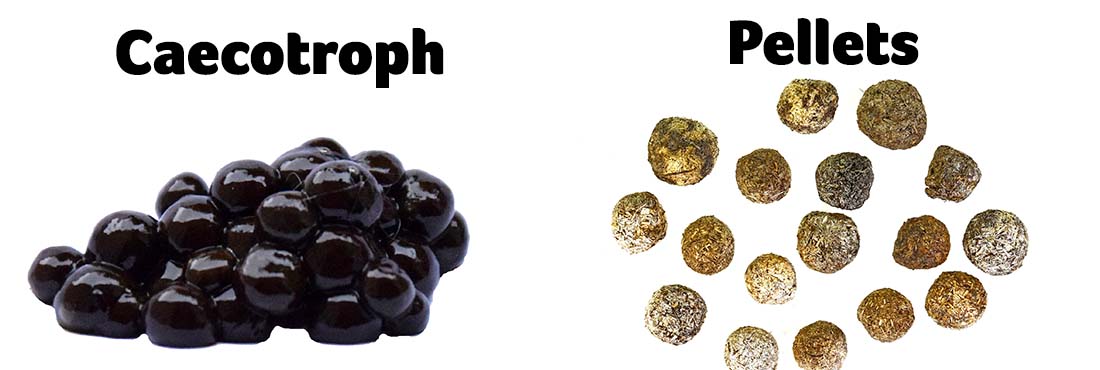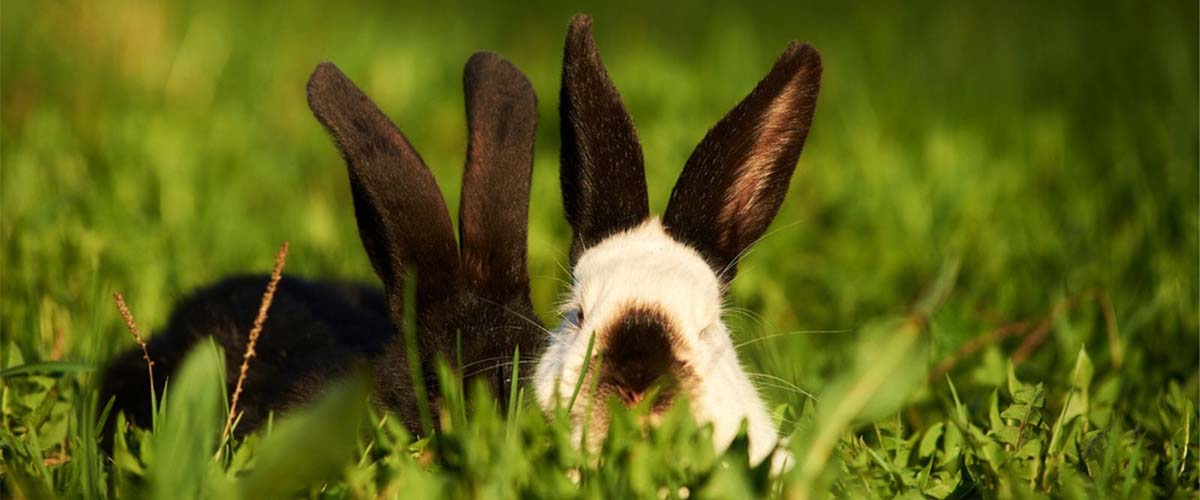Diarrhoea in rabbits
Overview
- Diarrhoea in a rabbit is a serious problem that shouldn’t be ignored.
- As a rabbit owner, it’s important to check that your rabbit is passing normal, solid pellets every day.
- There are many different causes of diarrhoea in a rabbit.
- Book an appointment with your vet as soon as you notice your rabbit passing diarrhoea or soft faeces. Never wait to see if they improve because left untreated, diarrhoea can become a serious and life-threatening problem.
General information and causes
Has your rabbit been passing soft or runny poo, perhaps with mucus or blood, instead of their normal hard pellets? Have they been getting a dirty bottom more than usual? These symptoms shouldn’t be ignored because diarrhoea indicates that something is wrong. Diarrhoea occurs when the digestive system is upset, which can be caused by problems such as:
- A poor diet, low in fibre
- Dental disease
- A gut infection e.g. E. coli or Retrovirus
- Parasites in the guts e.g. Coccidiosis
- Liver disease
- Antibiotics prescribed for another problem can cause diarrhoea
- A sudden change of diet
- Tumours.
Caecotroph or diarrhoea?
It may surprise you to learn that rabbits actually eat their food twice and produce two types of poo (one of which is soft, sticky and commonly mistaken for diarrhoea)!
- Caecotrophs - soft clumps of sticky, dark brown poo that you will hardly ever see. After rabbits digest their food, they pass a soft clump of sticky, dark poo called a caecotroph, which they eat immediately. The caecotroph then passes through the guts for a second time, enabling all remaining nutrients to be extracted. It’s unlikely that you will ever see your rabbit eating their caecotrophs, because it mostly happens at night.
- Pellets - the well-known, ‘typical’ rabbit poo that you will see plenty of! After your rabbit’s food has passed through the guts for a second time, they pass a solid little, round pellets.
It’s easy to mistake caecotrophs for diarrhoea, however, it’s still important to book an appointment with your vet if you find any - rabbits only stop eating their caecotrophs if something is wrong. It can be helpful to take a sample of your rabbit’s poo to the appointment.

Caecotrophs and pellets are both normal
Other symptoms to look out for
It can be useful to let your vet know if your rabbit has any other symptoms, such as:
- Loss of appetite
- Weight loss
- A dirty bottom
- Low energy/hiding away/being quieter than usual
- Bloating
- Stomach pain i.e. tooth grinding, shivering, hunching-up.
When to contact your vet
Book an appointment with your vet ASAP if you notice your rabbit passing anything other than normal, hard pellets. Left untreated, diarrhoea can become a serious and life-threatening problem. If possible, take a sample of your rabbit’s poo to show your vet. If you aren’t sure which of your rabbits is passing abnormal poo, take them both/all to your vet.
You know your rabbit best. If they don’t have the exact symptoms listed above but you are still concerned, it’s always best to contact your vet.
Published: October 2019
Did you find this page useful?
Tell us more
Please note, our vets and nurses are unable to respond to questions via this form. If you are concerned about your pet’s health, please contact your vet directly.
Thank you for your feedback
Want to hear more about PDSA and get pet care tips from our vet experts?
Sign up to our e-newsletter
Written by vets and vet nurses. This advice is for UK pets only. Illustrations by Samantha Elmhurst.

